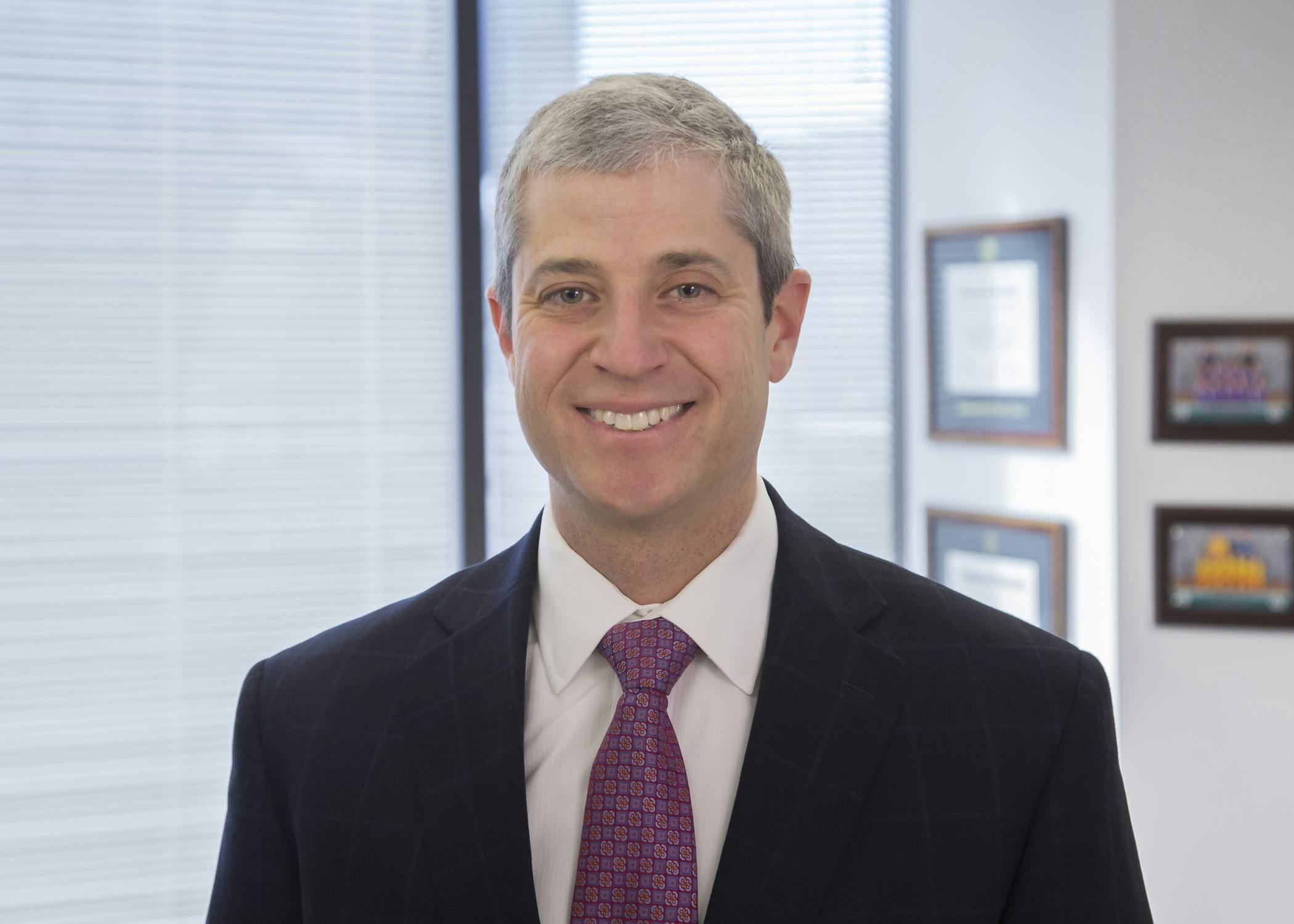On August 3, 2020, the United States District Court for the Southern District of New York struck down United States Department of Labor (DOL) regulations to the Families First Coronavirus Response Act (FFCRA) thereby greatly expanding the class of health care workers eligible for paid leave benefits under the FFCRA.
By way of background, the FFCRA provided two types of paid leave benefits to covered employees. First, the Emergency Family and Medical Leave Expansion Act (EFMLEA) provides 10 weeks of job-protected leave at two-thirds of the employee’s regular wages when the employee is unable to work because of a need for leave to care for a child whose school or child care provider is closed or unavailable for reasons related to COVID-19. Second, the Emergency Paid Sick Leave Act (EPSLA) provides 80 hours of job-protected fully paid sick leave to employees when the employee (i) “is subject to a [f]ederal, [s]tate, or local quarantine or isolation order related to COVID-19”; (ii) “has been advised by a health care provider to self-quarantine due to concerns related to COVID-19”; (iii) “is experiencing symptoms of COVID-19 and seeking a medical diagnosis”; (iv) “is caring for an individual subject” to a quarantine or isolation order by the government or a healthcare provider; (v) is caring for a child whose school or place of care is closed, or whose childcare provider is unavailable, because of COVID-19; or (vi) “is experiencing any other substantially similar condition specified by the Secretary of Health.
Both types of paid leave benefits under the FFCRA exclude “health care providers”—as that term is defined in the Family and Medical Leave Act (FMLA)—from using paid leave benefits. The FMLA defines “health care provider” as “(A) a doctor of medicine or osteopathy who is authorized to practice medicine or surgery (as appropriate) by the State in which the doctor practices; or (B) any other person determined by the Secretary [of the Department of Labor] to be capable of providing health care services.”
Building on that definition, the DOL issued a rule that significantly broadened the FMLA’s definition of “health care provider,” which resulted in a broadening of the class of employees that were ineligible for the paid leave benefits under the FFCRA. The DOL’s definition of “health care provider” was so broad that it was conceivable that a health care employer’s entire workforce could be exempt from using paid leave benefits under the FFCRA.
In its opinion, the court held that the DOL’s definition of “health care provider” strayed too far afield from its purpose, which, according to the court, “serves to exempt employees who are essential to maintaining a functioning health care system during the pandemic.” The court noted that the definition of “health care provider” is so broad that it “includes employees whose roles bear no nexus whatsoever to the provision of healthcare services, except the identity of their employers, and who are not even arguably necessary or relevant to the healthcare system’s vitality.” Accordingly, the court vacated the rule’s definition of “health care provider.”
The court also struck down portions of the DOL’s rule such as (i) a provision that provided that an employee is not entitled to receive paid leave benefits under the FFCRA if the employer “does not have work” for the employee, (ii) a provision placing restrictions on the use of intermittent leave, and (iii) a provision requiring that employees provide certain documentation prior to starting leave.
This decision has a profound impact on the regulatory framework of the FFCRA. Specifically, employers in the health care industry with fewer than 500 employees should be aware that the disposal of the DOL’s definition of “health care provider” significantly broadens the scope of employees eligible for paid leave benefits under the FFCRA. This is particularly consequential for employers in the health care industry who, under the DOL’s previous definition of “health care provider,” could conceivably have been entirely exempt from providing paid leave benefits to their workforces under the FFCRA. Therefore, employers in the health care industry should take special care in responding to requests for paid leave benefits and take necessary steps to adjust and provide these benefits.
There is some question as to whether this decision has binding legal effect outside of New York, where the case was decided. Nothing in the decision concretely addresses this question. But nonetheless, it is advisable for employers to proceed as though the decision has national effect unless and until there is authority to the contrary. Indeed, this would be far from the first instance of a United States District Court judge invalidating an agency action on a national basis.
Presently, there is no indication whether the DOL intends to appeal this decision or, alternatively, implement new regulations. The fact that the benefits of the FFCRA are only available until to December 31, 2020, would appear to indicate that any further developments in this matter will happen quickly. We will monitor this case and issue further alerts as necessary.


